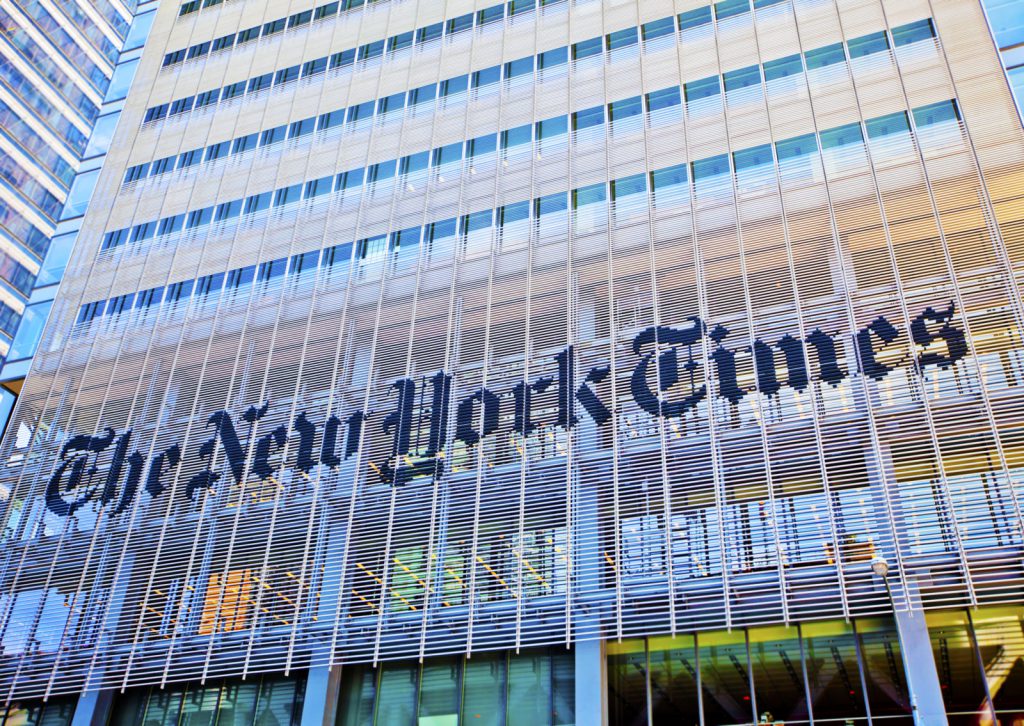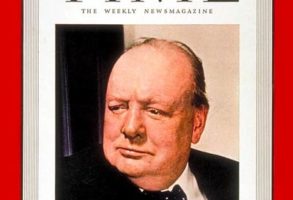
Published March 27, 2019
Good generals learn to discipline their imaginations. Armies may be lost if their hopes or fears leap ahead of the facts of battle. That’s true for journalists as well. It’s essential not to become overcommitted to a vivid story line.
Reporters gather facts, then weave them into a story. Every storyteller’s temptation is to embellish—to make the tale more vivid, dramatic, entertaining. Donald and Volodya! Sexual perversion in a Moscow hotel! The epic of Donald Trump and Russian collusion is a cautionary example that will be taught in journalism schools.
Mr. Trump’s peculiarities set the scene—his unusual life story, far from the norms of politics and government; his theatrical personality, disdain for niceties, gift for ridicule, populist instinct, mastery of provocation. His defiant and inventive embrace of his own boorishness. Above all, there was his assault on the mainstream media, or “fake news.” So bafflingly unorthodox and outrageous was Mr. Trump that he coaxed journalists to accept story lines equally unorthodox and outrageous. With such a man anything was possible, so why should he not be a Russian agent? And there was always the reliably Manichaean black-and-white of the narrative: Mr. Trump, in the eyes of his enemies in media and elsewhere, was manifestly all things wicked.
Amid intense criticism of the media, the Washington Post’s Margaret Sullivan fired back: “Serious journalists should be proud of—not bullied over—their Russia reporting.” She added: “Reality-based news outlets have done quite well on this story.” What does “reality-based” mean? If a “reality-based” police department follows an elaborate string of leads and arrests an innocent man—a guy they never liked anyway—it would be impertinent for the detectives afterward to claim, as one newspaper did, that “important digging requires no apologies.”
The New York Times used to be called the “gray lady”—a zone of fastidious dullness, guided by the ethos that the truth is necessarily so complicated that it can rarely be merely entertaining and in any case is not congenial to anything as vulgar as story lines. The Times’s earnest style belonged to the 20th century, or even the 19th. Today, almost all media organizations have reversed priorities and, in their quest for hearts and minds and eyeballs, have committed themselves to the outlandish and vivid, and to every fashionable indignation. The Russian collusion story seemed to have everything—a spectacular story line and a fabulous cast, with the ineffable Donald Trump playing the lead.
The Mueller report may not settle anything. The campaign for president will still be a civil war of mutually incompatible story lines. America’s turmoil is part of nothing less than the continuing creation and re-creation of the country, whose secret has always been to reconstitute itself, peacefully if possible.
Witness is a term that is both religious and legal. The proper role of the journalist is that of witness—in both senses of the word—to the country’s re-creation. Honest witness requires humility, a virtue all but extinct in 21st-century media. This may be a moment for those who do the work to draw back a little from the partisan drama and to think about their task in the largest terms.
Mr. Morrow is a senior fellow at the Ethics and Public Policy Center.





